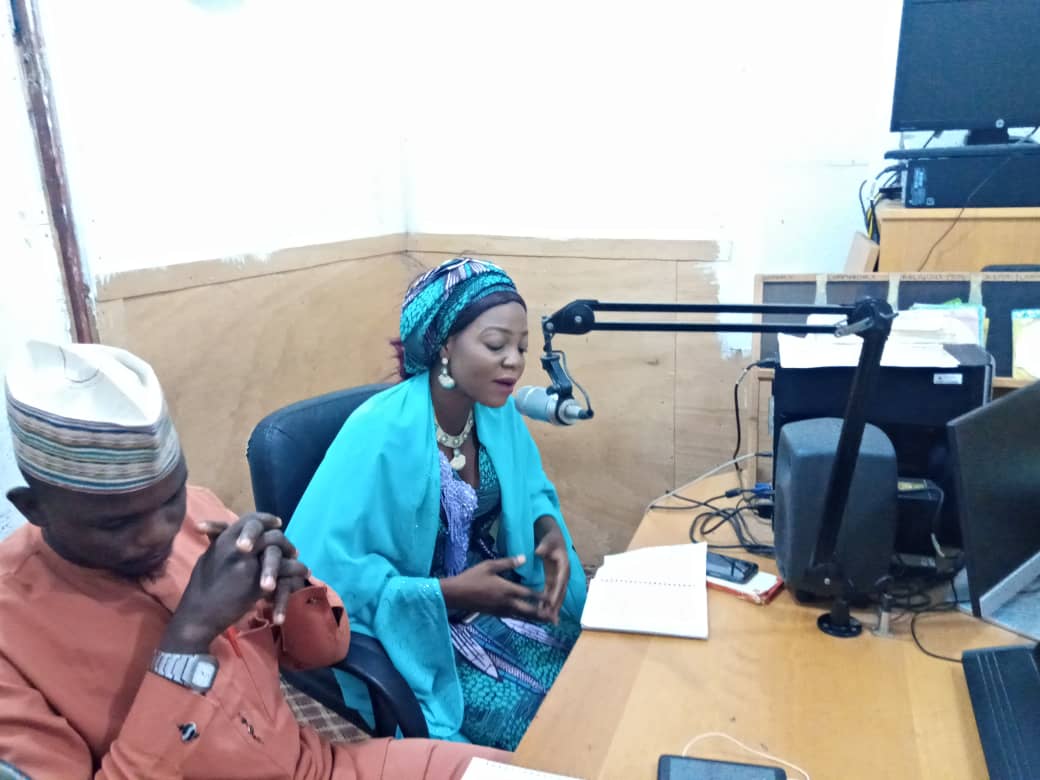February 13 marks the United Nations World Radio Day, celebrating the role of radio in educating the public, spreading vital information and promoting democratic freedom. Even as technological advantages have ushered in a communications revolution, radio remains one of the most accessible platforms through which citizens engage with their governments in many parts of the world, and especially across Africa.
In Nigeria, the International Republican Institute (IRI) has leveraged radio to help close the gap between citizens and government officials—disseminating political party platforms and encouraging issue-based discussion between candidates and constituents.
One of the greatest challenges to democracy in Nigeria is the poor communication between elected representatives and their constituencies. Without reliable electricity, access to information is limited; outlets for ordinary citizens to share their concerns are far and few between; and low literacy levels make print media inaccessible to many Nigerians. As a result, Nigerians across the country rely on battery-operated transistor radios, which offer access to information from anywhere and at a low cost.
As part of IRI’s USAID-funded Responsive Political Party Program, the Institute partnered with local radio stations in four Nigerian states (Bauchi, Ebonyi, Sokoto and Adamawa) from December 2018 to February 2019 to host the “Manifesto Hour Radio Discussion Series,” which featured debates and issue-based discussions with local and state-based politicians.
These programs provided political candidates a way to make their case to a large audience of potential voters, and gave citizens the opportunity to engage directly with candidates by calling in with questions. In a country traditionally dominated by personality-driven politics, this transition to issue-based, competitive campaigning builds public trust in the government and contributes to the overall democratic development of Nigeria.
In Ebonyi, a man named Nwankwo Maduabuchi listened to the program eight times and noted that the show helped him make an informed decision in the 2019 general elections. Maduabuchi analyzed the IRI-facilitated debates between political parties and was able to recognize that one party was more in line with the pro-teacher policies he cared about. “As a teacher, I am an advocate of rural development through Western education,” he said. “From the manifesto hour, it looks to me that All Progressives Congress will be the right party.”
Constituents and politicians alike used IRI’s “Manifesto Radio Hour Discussion Series” to enhance the capacity of government and political parties to implement issue-based policies that reflect citizen priorities. Both the impact and engagement rates of these hours were so high that a radio station owner in Bauchi state continues to invite political parties and members of Nigeria’s State House of Assembly to discuss governance issues. By enhancing political dialogue in Nigeria, this program showed how even relatively old technologies can be applied in innovative ways to forge a more citizen-centered, inclusive democracy.
Top